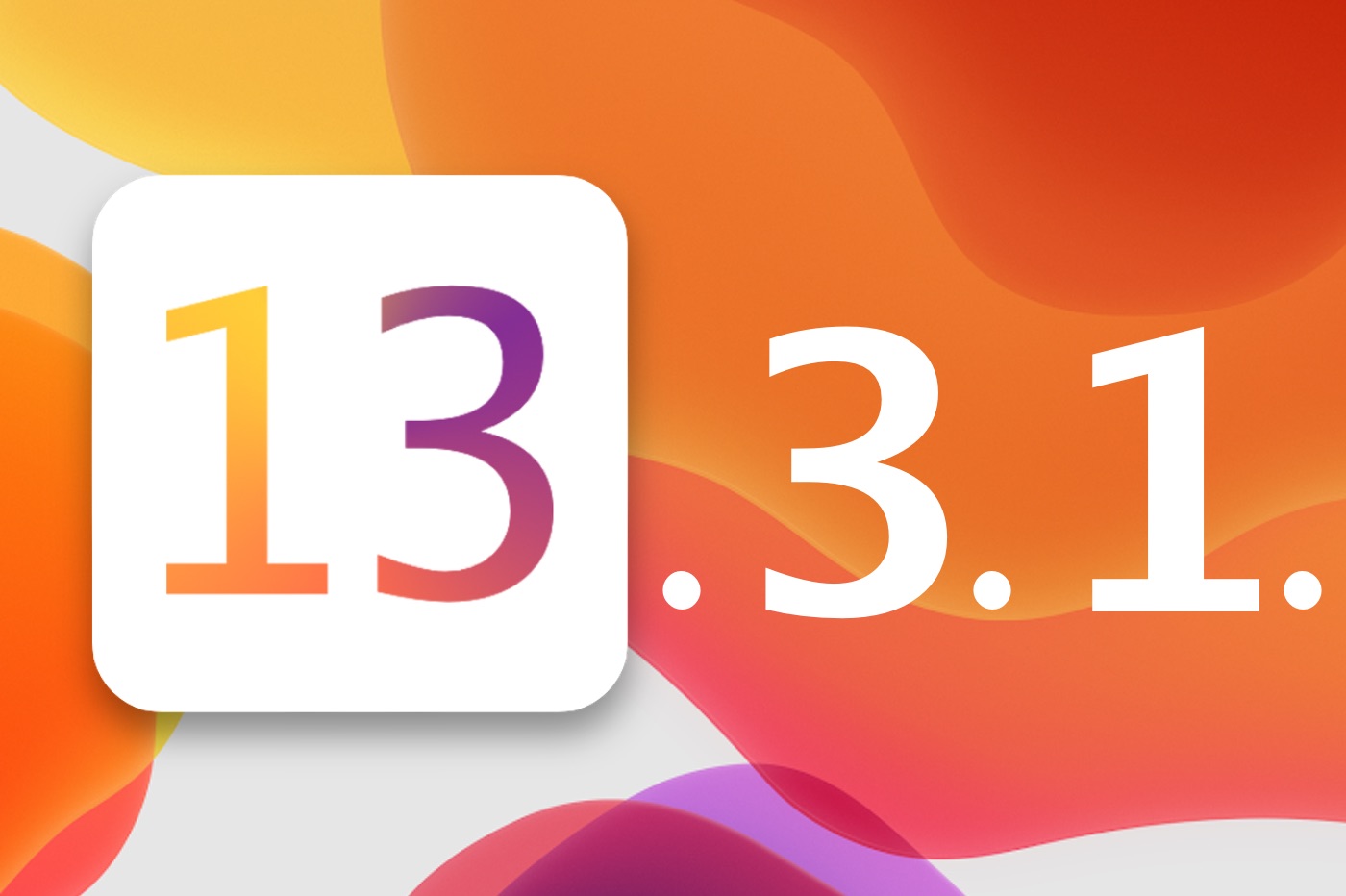Last week, we learned that almosttwenty million French Facebook accountsfound themselves in the wild. Since then, many have been waiting for more explanations from the platform regarding this incident. So much so that it took the opportunity to publish a press release, which explains precisely the origin of the problem. And according to the developer, no piracy has been reported.
No, actually, it's asecurity breachin its contacts import tool which would be responsible for this failure, allowing malicious actors to scrape* the site (well, actually, yes, it's the same thing). This feature, which is found on both the computer and mobile versions, allows you to easily find your friends on Facebook by connecting other services such as your address book or your email box.
Protect yourself
It's easy to find out if your Facebook account is affected by this personal data leak. Indeed, cybersecurity experts took the time to access the members file in question, in order to compile the identifiers and then be able to carry out searches directly in the list. This is particularly what the creator ofHave I Been Pwned, to be found at this address.
To check the security of your account, enter the email address that usually allows you to access Facebook in the search box. If you don't remember it, you can also enter your mobile phone number. Then click onpwned?and the list of breaches concerning you will then be displayed just below. It is possible that other similar events are listed there. It's up to youchange your passwordin function, and possibly activate 2FA.
Privacy and Facebook make two
This is not the first time that a scandal of this type has affected Facebook. Indeed, the firm is regularly criticized for its very revenue model since it collects and resells private information belonging to its users. Recently, its CEO was singled out for not wanting to comply with the new privacy protection measures put in place by Apple on iOS 14.5 beforefinally turn around.
*theweb scrapingis, according to Wikipedia, “a technique for extracting content from websites, via a script or program, with the aim of transforming it to allow its use in another context, for example SEO“.






